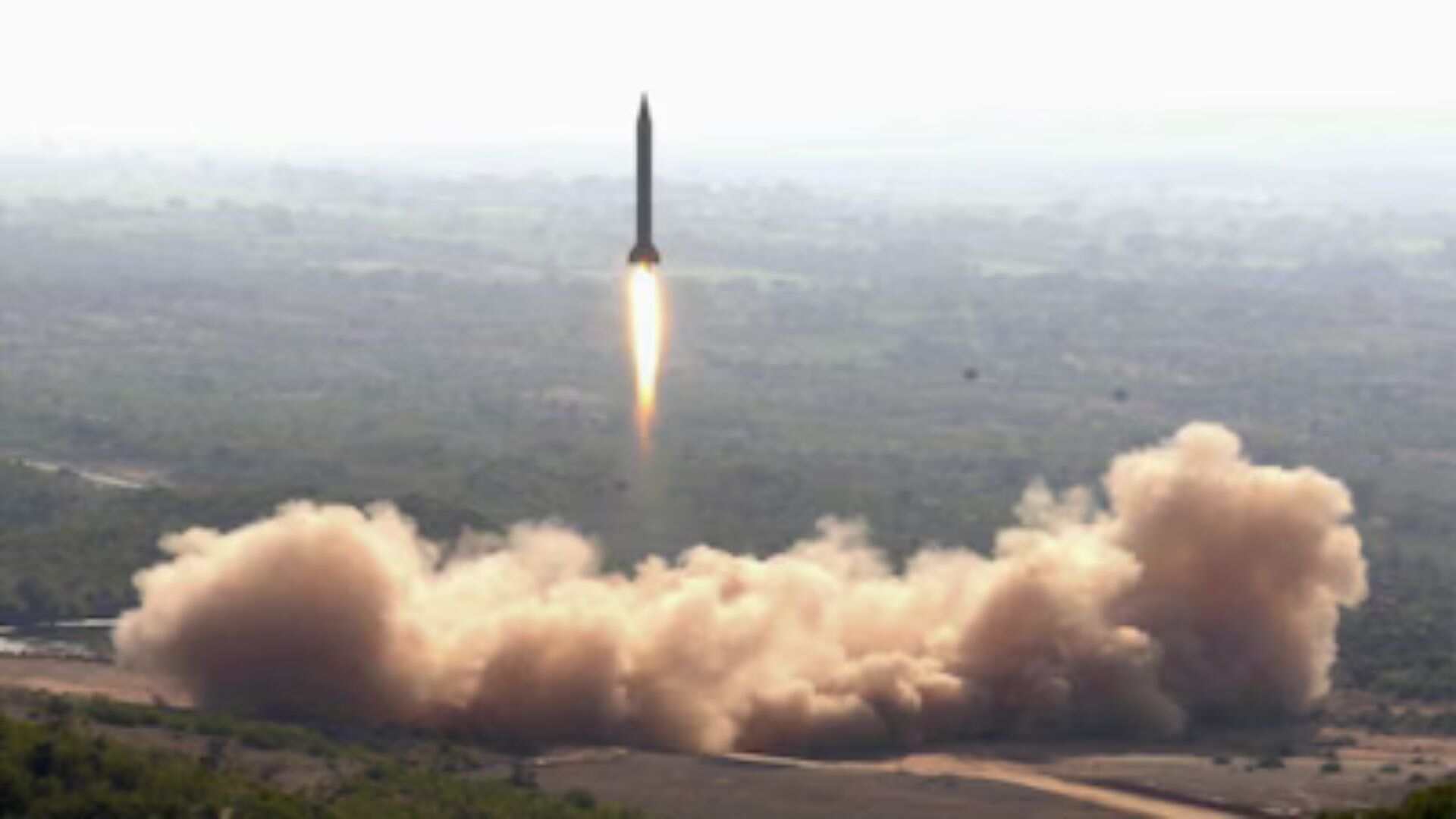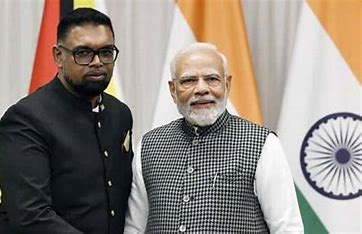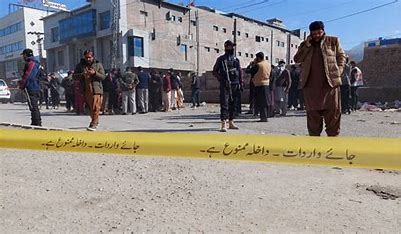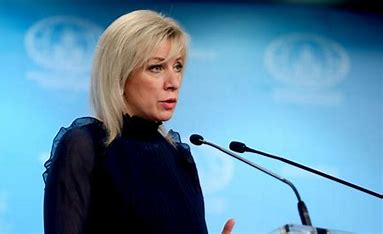
Prime Minister Narendra Modi will release cheetahs in Madhya Pradesh’s Kuno National Park on Saturday. Preparations are underway to reintroduce the animals to the nation after nearly 70 years. To celebrate his birthday and as part of his attempts to revitalise and diversify the nation’s wildlife and ecosystem, Prime Minister Modi will release eight cheetahs that he imported from Namibia into Kuno National Park.
The Prime Minister will release two cheetahs from cage number one, and then, around 70 metres away in enclosure number two, the PM will release another cheetah, according to SP Yadav, the director of the cheetah project and a member secretary of the National Tiger Conservation Authority (NTCA). In the special quarantine enclosures created for them, the surviving cheetahs will be released.
According to Yadav, cheetahs are being brought into the nation from Namibia via a specially chartered cargo Boeing 747 that will touch down in India on September 17 in the morning.
Speaking to the media,SP Yadav said, “We are bringing cheetahs by a special chartered cargo plane, the Boeing -747. This is a bigger plane and will come directly to India without refuelling, which is why we selected this aircraft. This is a dedicated aircraft, and it will have eight cheetahs. Along with crew members, wildlife experts, cheetah experts, and three Indian scientists, doctors, and officers will be onboard the plane from Namibia, in addition to our officers and some veterinary doctors.
“Laurie Marker, who is a cheetah expert, will be accompanied by three more biologists, and all these people will come by chartered flight. Special wooden kits have been used to bring Cheetah, which are made according to international standards and which have the facility of air movement,” he added.
Additionally, the charter aircraft carrying Cheetah is anticipated to leave Namibia by Thursday and arrive in India the next day, according to the Cheetah Project Chief.
Talking about the cheetahs, he said, “Cheetah is said to be the fastest animal. It runs at a speed of 100–120 km per hour. The habitat that has been selected in Kuno is very beautiful and ideal, where there are large grasslands, small hills, and forests, and it is very suitable for cheetahs. Heavy security arrangements have been made in Kuno National Park. Arrangements have been made to prevent poaching activities,” he said.
“Radio collars have been installed in all the cheetahs and will be monitored through satellite. Apart from this, there will be a dedicated monitoring team behind each cheetah who will keep monitoring location for 24 hours,” Yadav added.
Yadav further stated that on September 17, a special charter cargo flight carrying cheetahs from Namibia will now land directly in Gwalior rather than the original plan of landing in Jaipur.
A special charter cargo flight of cheetahs coming from Namibia will now land in Gwalior. Earlier, it was supposed to land in Jaipur on September 17. All the formalities of customs, immigration, and animal husbandry will be completed after taking them off the chartered flight in Gwalior. Later, after doing these formalities, they will be directly taken to Kuno National Park by Air Force helicopter,” said Cheetah Project Chief.
The reintroduction of wild species, in particular the cheetah, is being carried out under the ambitious Project Cheetah initiative of the Indian government in accordance with IUCN recommendations.
India has a long tradition of protecting animals. Project Tiger, one of the most effective efforts to conserve wildlife, was started back in 1972 and has helped to preserve not only tigers but also the entire ecosystem.
In keeping with this, the reintroduction of the cheetah, which we recently lost, is a significant development in India’s history of wildlife protection.















